by Sarah Mahoney
UCEAP student at Doshisha University, Kyoto, Japan
I was the first student in a wheelchair to participate in the UCEAP Doshisha study abroad program. As a result, I had a steep learning curve and had to figure things out on my own. Although I was initially tentative to go abroad, I did it and so can you! By preparing ahead and asking the right questions, you can reduce the anxiety involved in studying abroad.
Studying abroad in Japan was the best decision I made while studying at UC. It was a challenging yet fun and rewarding experience. I was able to make great friends, explore a beautiful country and most importantly, eat yummy food!
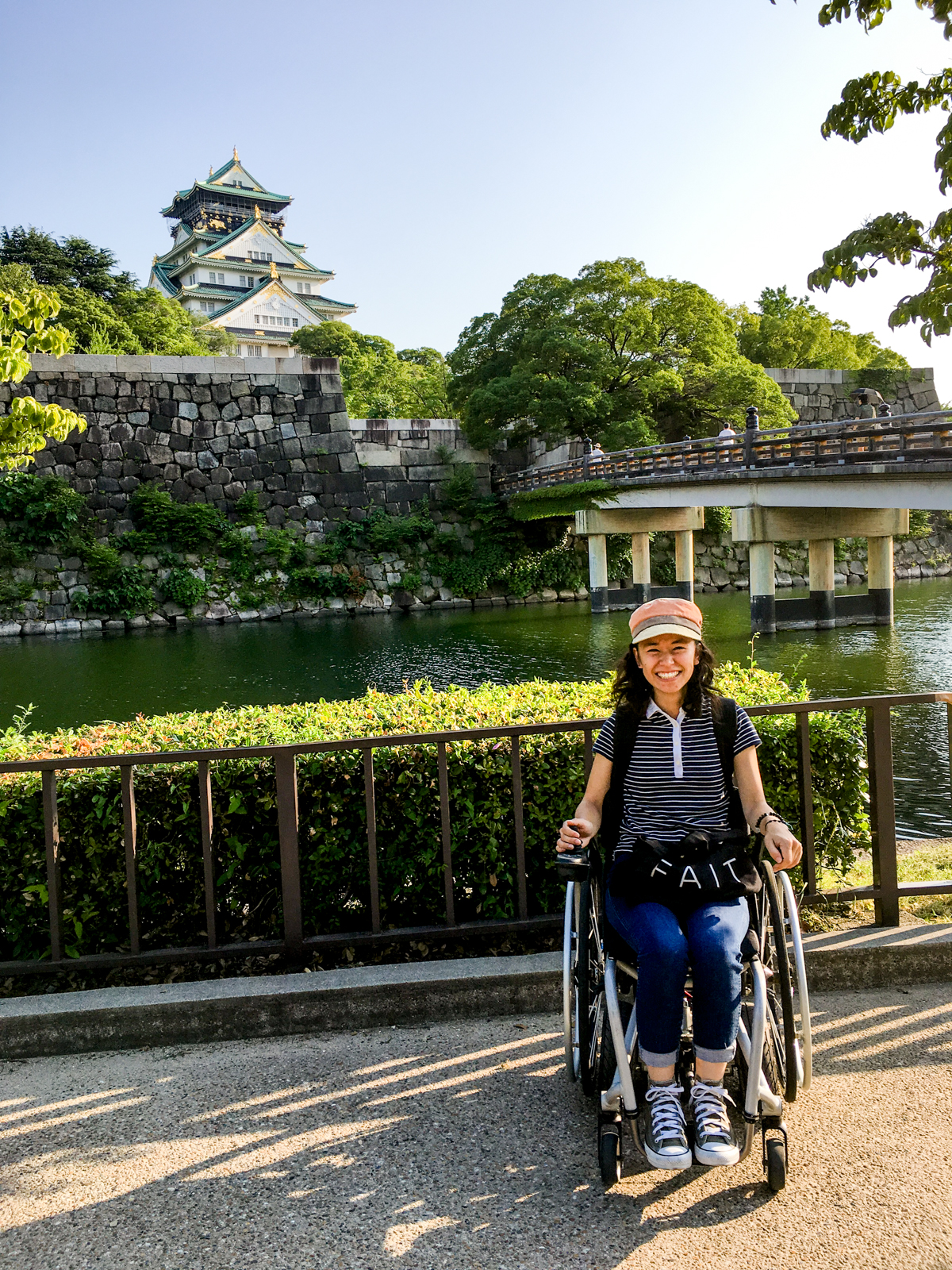
Why I studied abroad
As a transfer student, I wanted to make the most of my time at UC Irvine. I believed study abroad would create a unique and memorable undergraduate experience. While this was not my first time abroad, it was my first time traveling alone and living in a foreign country. I was curious about what that would be like. In the end, studying abroad was an opportunity I just couldn’t pass up.
Arranging accommodations
Finding the right program is an important step for anyone studying abroad. But for a student with a disability, it’s especially critical.
On top of trying to make sure the right program and country fits your academic needs, ask yourself about accessibility. Wheelchair access varies even in the US. It was important to choose a program in a place that suited my capabilities. I was concerned specifically about wheelchair access on public transportation, at the university itself and in my housing.
Mobility in a New City
I studied in Kyoto, Japan which is an old city famous for their built heritage. As a result, it was not very accessible. If you have limited mobility, research programs to see which university and city best suit your capabilities. What forms of public transit are available? Look for accessible places with good public transit. Japan has great accessible public transit! I would tell the train staff where I was going, they would help put down a platform and I’d roll on the train. At my destination, they had staff waiting to help.
Housing
Ask the study abroad team in charge of your country about the housing situations abroad. The UC Tokyo Study Center staff provided photos of the housing where I’d stay and the path from my dorm to school. Staff do not always know what people with disabilities need; therefore, you need to communicate exactly what you need for housing.
Accommodations at School
Disability and accessible education will not be the same as the United States. Ask the study abroad team to connect you with available disability support early on. The host university’s disability center accommodations may be limited compared to UC. This happened to me. As a foreigner, trying to get services was very difficult. I had to ask my professors at the host university to make the accommodations for seating, test taking, etc. Generally, professors will be part of your support team while studying abroad. One professor even sent her students to my dorm to help me get to class when it was raining!
Check with your UC campus disability office if you need special accommodations, such as a reduced course load or pass/no pass units. If satisfying certain course loads is beyond your limits due to health or disability issues, talk with UCEAP and the counselors at UC. They can make a request for special accommodations.
Pre-departure steps I recommend
Students with disabilities need to take extra steps to figure out their needs, be prepared and have a positive study abroad experience. To get to your host country safely, consider:
- Airlines: Review the airlines to be sure they have a good reputation for serving customers with disabilities. You want to arrive safely, of course, but your wheelchair should too!
- Luggage: Find a service that will take your luggage to your dorm. You don’t have to manage everything.
- Medications: If you take medication, be sure that you have enough to last your time abroad. Or, find out if you can purchase it in the host country. Your doctor and your UCEAP team will help.
- Wheelchair battery charger: Make sure you have the right adapters to charge your wheelchair battery in your host country.
- Meals: Look into using a grocery delivery service online to help you with shopping.
- Arrival: Know exactly how you will get from the airport to your lodging the first day. This is critical and it was a problem for me. The bus from the airport to the main train station was not accessible and I had to make other arrangements.
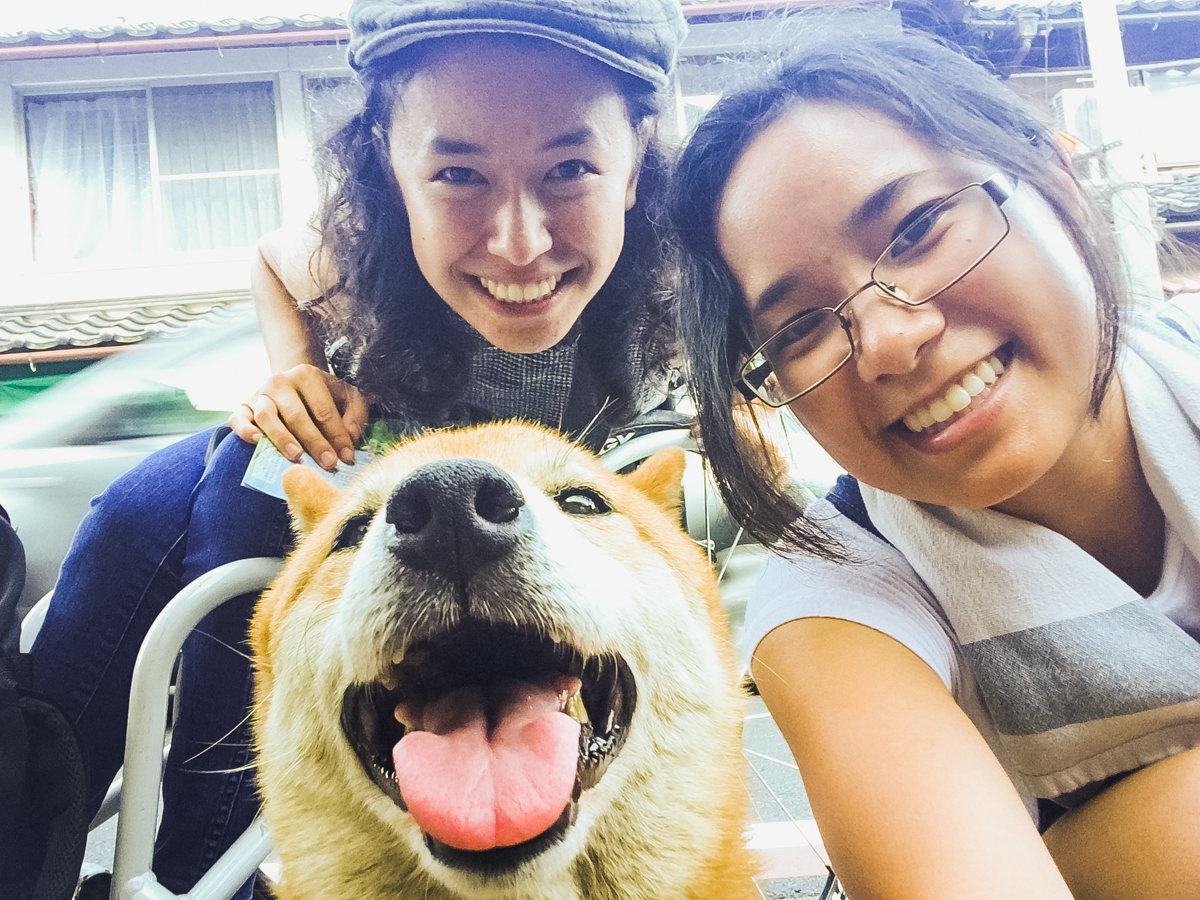
Interacting with people abroad
I had concerns about how people would view my disability in Kyoto. I slowly addressed my worries by seeking out people willing to help and by making a few good friends.
You may meet some people who discriminate based on your disability, but don’t let it bother you too much. Some bus drivers passed by me because they were not used to seeing a wheelchair user. One driver even told me there was no ramp when the ramp was right behind him! However, lots of people were helpful and kind.
I had Japanese grandmas and grandpas coming up to help me out all the time! I even made friends with a random Japanese student who tried to help me out while I was lost in the train station. We ended up getting lost together and became good friends. Overall, studying abroad led to positive, serendipitous encounters.
TIP: Be ready to set boundaries. People might try to grab your wheelchair or carry you, which is dangerous. Tell people how they can help or tell them to stop.
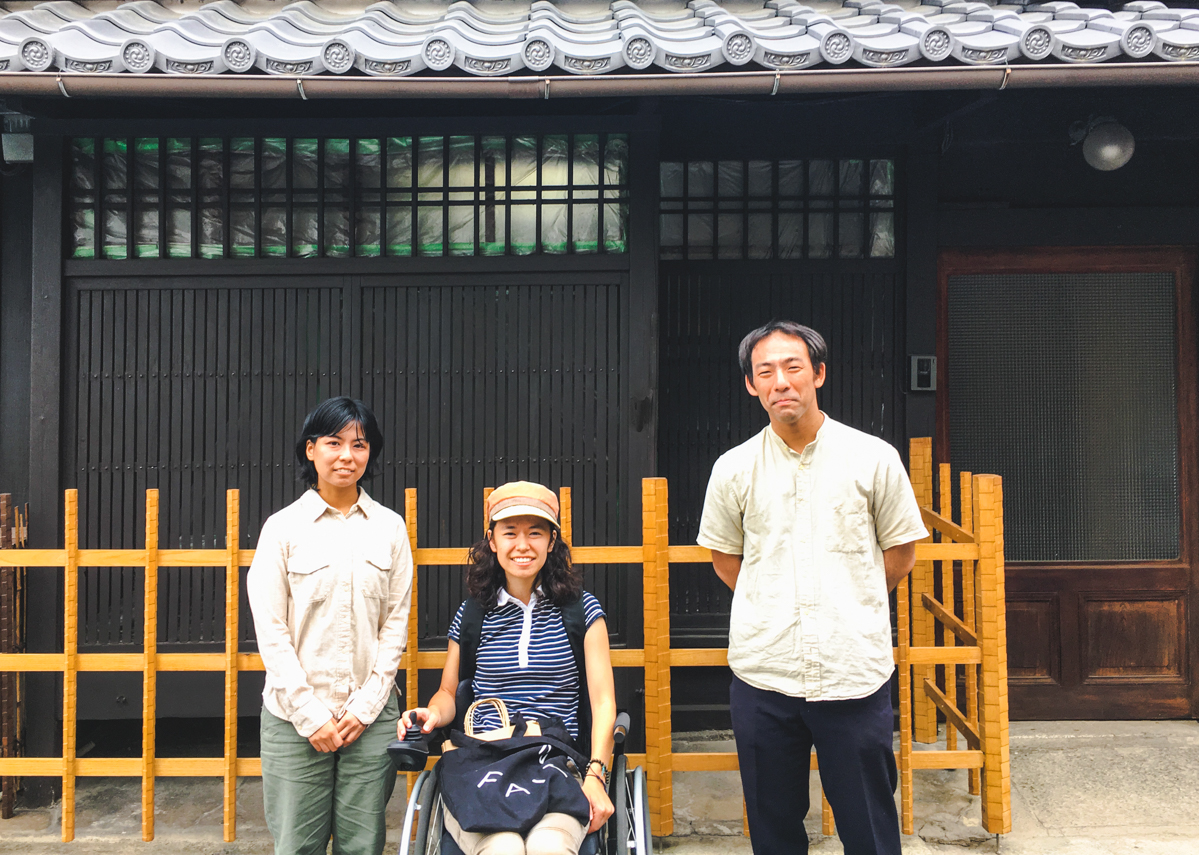
How I paid for STUDY ABROAD
When applying for scholarships, finding a focus for why you want to go abroad is critical. You don’t want to sound like every other student on your application. My purpose for studying abroad was research and to learn what disability and accessibility meant abroad.
Scholarships
There are several scholarship opportunities for UCEAP students. Look into this even before you pick out a program. I received two scholarships: the Benjamin A. Gilman International Scholarship ($5,000) and the UCEAP Promise Award ($2,000). There may also be scholarships available for your country and program, so search UCEAP’s scholarship web page, go to your college’s website and ask the study abroad advisors. Combining multiple scholarships – even smaller ones – can make a huge difference in the end.
It’s important to start the process at least six months before you leave. Here are steps I recommend:
- Figure out your reason for studying abroad and make it specific.
- Look for scholarships that fit your goals for studying abroad.
- Make a list of all the scholarships you are eligible for.
- Write the deadline next to each scholarship.
- Find your go-to professor for those letters of recommendation you may need.
- Revise your essays to fit the individual scholarship requirements.
- Ask at least one or two people to review your scholarship essays and give critical feedback.
Research Grants
I did research while abroad which allowed me to get additional funding. After I finished my semester abroad, I was able to extend my stay in Japan through the summer with an additional Summer Undergraduate Research Program (SURP) grant for UCI undergraduates.
Department of Rehabilitation
If you have a disability you may qualify for funding with the Department of Rehabilitation (DOR). They will help pay for programs, tuition and books. If you are already enrolled, ask your DOR counselor about what costs they can help with.
Part-time Work
Depending on the country you choose, there may be opportunities for part-time work abroad. At Doshisha University we had part-time positions such as teaching assistants and English-speaking partners for their international center. Check out the international center at your host university and ask other UC students in your program.
My advice for students with disabilities
First: It’s not possible for you to prepare for everything that could happen. Living in a new country takes some adjusting. It’s okay to feel lost and confused at first— that’s part of the experience.
Second: Don’t isolate yourself! Ask other students where they like to eat and be open to going with them. Get help from professors or people you meet in your program to find accessible grocery stores, post offices, banks, etc. Connect with disability groups at your host university to learn how to live independently in your new home. The key is asking and connecting yourself to the right people.
Third: Go explore! I found interesting festivals online. Ask your professors to help you find people, events and hobbies. I ended up learning the shamisen, a traditional Japanese instrument, and pottery.
Fourth: If you’re feeling more overwhelmed than usual, talk with your UCEAP host team. They can help you find a counselor or other ways to make sure your time abroad is successful and happy.
Finally: You will make mistakes because you cannot plan everything out. Trust me. I made plenty of mistakes, but I survived! Being in a new country requires adjustment, and you will have many things to do when you arrive. It’s normal to become forgetful and not be on top of things like you usually are in the States. However, studying abroad provides a rare opportunity to live in a foreign country for an extended period of time. It allows for reflection on culture, education, disability and yourself. You will not regret studying abroad!




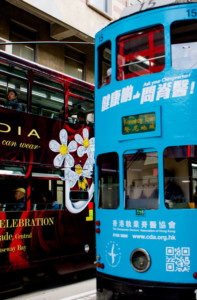
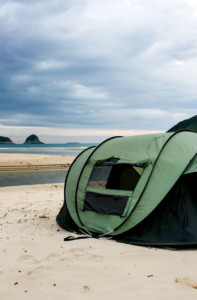
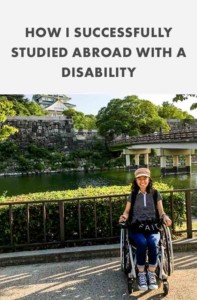
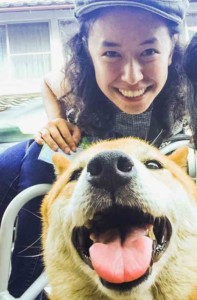
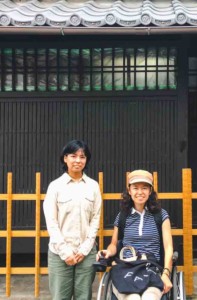



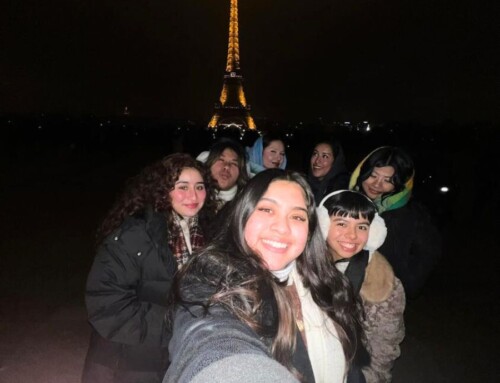
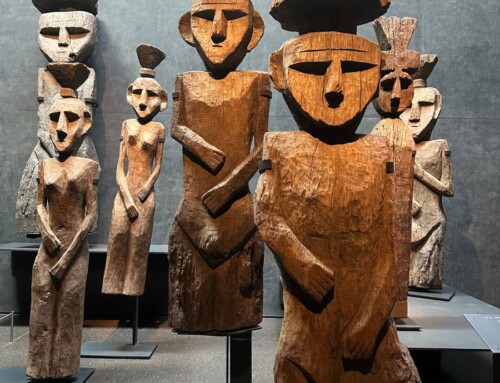
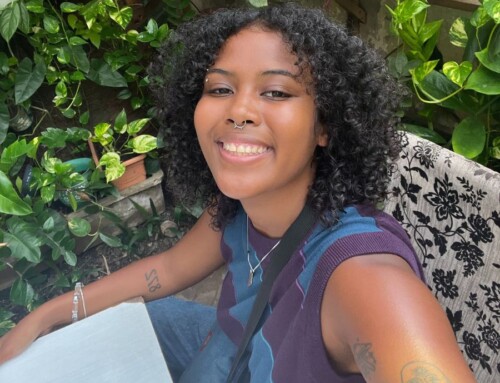

Leave A Comment